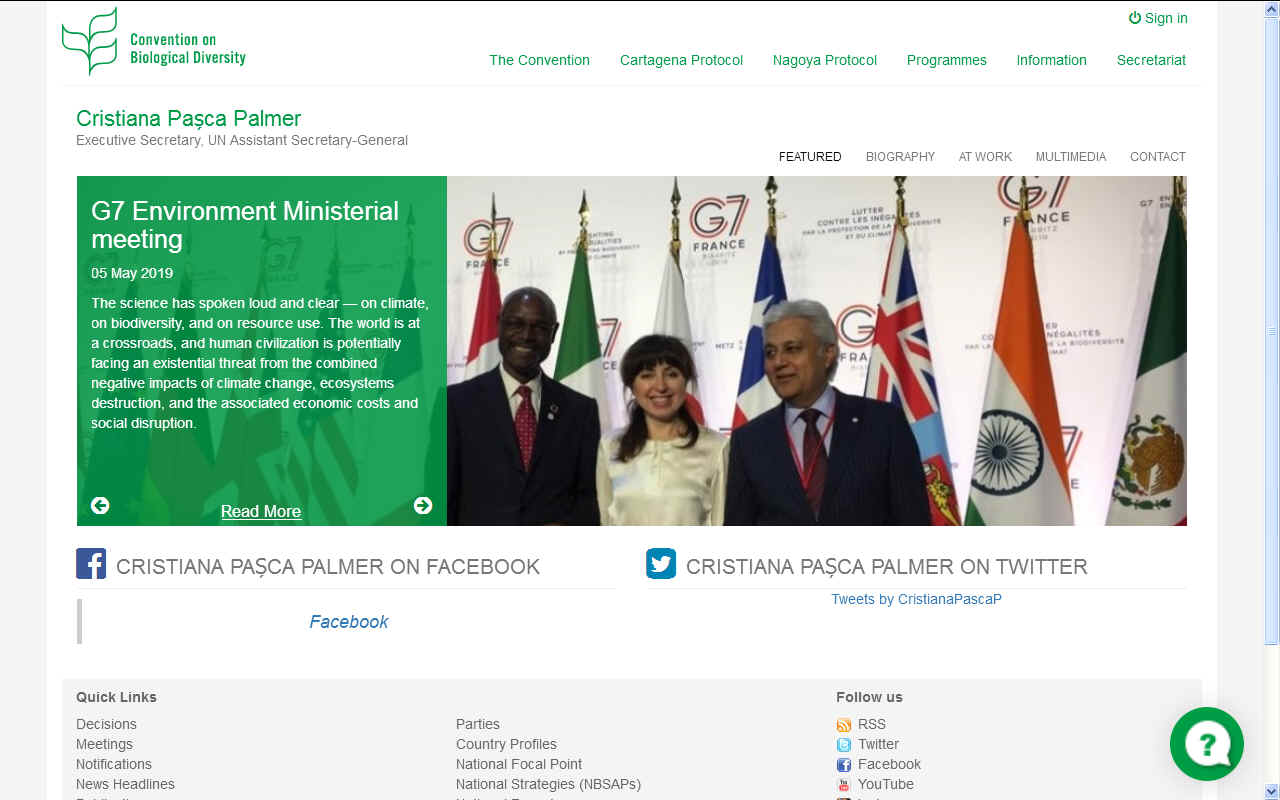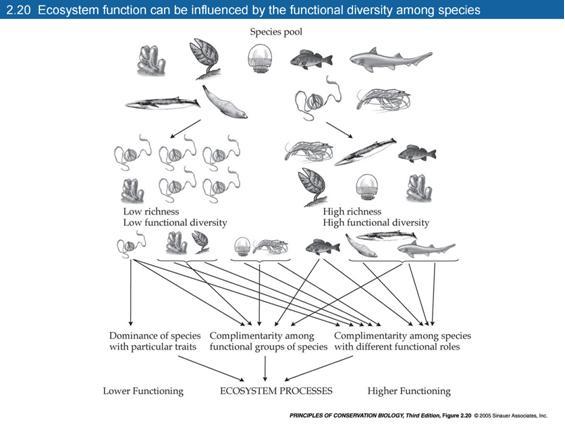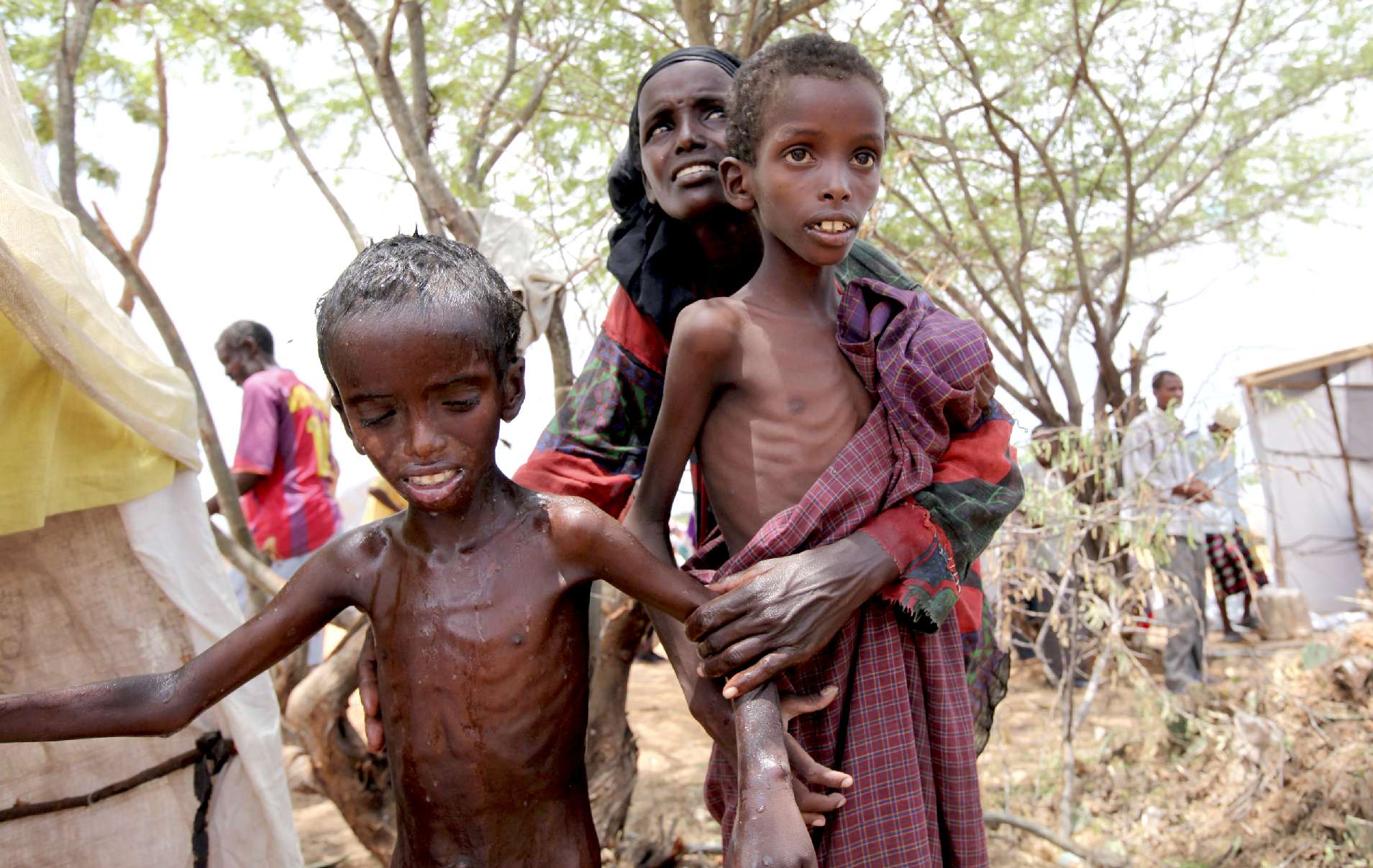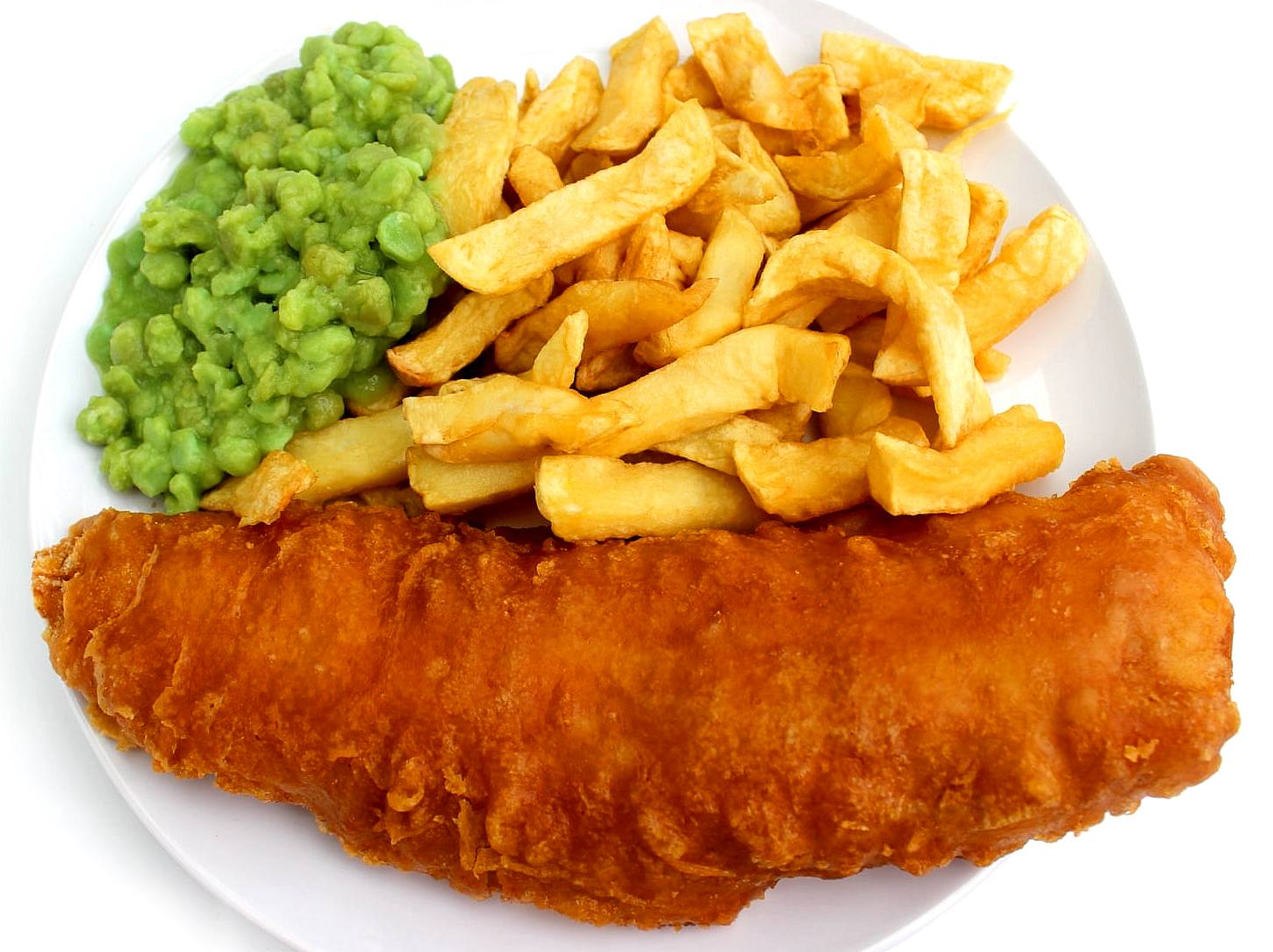|
FOOD
SECURITY
PLEASE USE OUR A-Z INDEX
TO NAVIGATE THIS SITE

The
security of food for humans
living on planet
earth depends on the quality of agricultural
land and the health of our oceans. Food insecurity will lead
to famine and the
starvation of millions of people.
Good
quality farm land is reducing because of desertification
and our oceans are subject to plastic and other marine
pollution. Both of these problems are the subjects of the
various Conferences
of the Parties to United
Nations conventions.

MARINE & COASTAL BIODIVERSITY
The oceans occupy more than 70% of the Earth’s surface and 95% of the biosphere. Life in the
sea is roughly 1000 times older than the genus
Homo.
There is broad recognition that the seas face unprecedented human-induced threats from industries such as
fishing and transportation, the effects of waste disposal, excess nutrients from agricultural
runoff.
Marine fish and invertebrates are among the last sources of wild food on the
planet, providing over 2.6 billion people with at least 20% of their average per capita protein intake. Moreover, the world's oceans host 32 of the 34 known phyla on Earth and contain somewhere between 500,000 and 10 million marine species.

PROBLEMS
According to the Millennium Ecosystem Assessment, the world’s oceans and coasts are highly threatened and subject to rapid environmental change. Major threats to marine and coastal ecosystems include:
* Land-based pollution and euthrophication
* Overfishing, destructive fishing, and illegal, unreported and unregulated
(IUU) fishing
* Alterations of physical habitats
* Invasions of exotic species
* Global climate change
Overfishing is widely acknowledged as the greatest single threat to marine wildlife and habitats. The
Food and Agriculture Organization of the
United Nations reports that nearly 70% of the world's
fish stocks are now fully fished, overfished or depleted.
BIODIVERSITY
COP HISTORY
|
COP
1: 1994 Nassau, Bahamas,
Nov & Dec
|
COP
8: 2006
Curitiba, Brazil, 8
Mar
|
|
COP
2: 1995 Jakarta, Indonesia,
Nov
|
COP
9: 2008 Bonn, Germany,
May
|
|
COP
3: 1996 Buenos Aires, Argentina,
Nov
|
COP
10: 2010 Nagoya, Japan,
Oct
|
|
COP
4: 1998 Bratislava, Slovakia, May
|
COP
11: 2012
Hyderabad, India
|
|
EXCOP:
1999 Cartagena, Colombia, Feb
|
COP
12: 2014
Pyeongchang, Republic of Korea, Oct
|
|
COP
5: 2000 Nairobi, Kenya, May
|
COP
13: 2016 Cancun, Mexico,
2 to 17 Dec
|
|
COP
6: 2002 The Hague, Netherlands,
April
|
COP
14: 2018
Sharm El-Sheikh, Egypt, 17 to 29 Nov
|
|
COP
7: 2004 Kuala Lumpur, Malaysia, Feb
|
COP
15: 2020 Kunming, Yunnan, China
|
CLIMATE
CHANGE UN COP HISTORY
|
1995
COP 1, BERLIN, GERMANY
1996
COP 2, GENEVA, SWITZERLAND
1997
COP 3, KYOTO, JAPAN
1998
COP 4, BUENOS AIRES, ARGENTINA
1999
COP 5, BONN, GERMANY
2000:COP
6, THE HAGUE, NETHERLANDS
2001
COP 7, MARRAKECH, MOROCCO
2002
COP 8, NEW DELHI, INDIA
2003
COP 9, MILAN, ITALY
2004
COP 10, BUENOS AIRES, ARGENTINA
2005
COP 11/CMP 1, MONTREAL, CANADA
2006
COP 12/CMP 2, NAIROBI, KENYA
2007
COP 13/CMP 3, BALI, INDONESIA
|
2008
COP 14/CMP 4, POZNAN, POLAND
2009
COP 15/CMP 5, COPENHAGEN, DENMARK
2010
COP 16/CMP 6, CANCUN, MEXICO
2011
COP 17/CMP 7, DURBAN, SOUTH AFRICA
2012
COP 18/CMP 8, DOHA, QATAR
2013
COP 19/CMP 9, WARSAW, POLAND
2014
COP 20/CMP 10, LIMA, PERU
2015
COP 21/CMP 11, Paris, France
2016
COP 22/CMP 12/CMA 1, Marrakech, Morocco
2017
COP 23/CMP 13/CMA 2, Bonn, Germany
2018
COP 24/CMP 14/CMA 3, Katowice, Poland
2019
COP 25/CMP 15/CMA 4, Santiago, Chile
2020
COP 26/CMP 16/CMA 5, to be announced
|
DESERTIFICATION
COP HISTORY
|
COP
1:
Rome, Italy, 29 Sept to 10 Oct 1997
|
COP
9:
Buenos Aires, Argentina, 21 Sept to 2 Oct 2009
|
|
COP
2:
Dakar, Senegal, 30 Nov to 11 Dec 1998
|
COP
10:
Changwon, South Korea, 10 to 20 Oct 2011
|
|
COP
3:
Recife, Brazil, 15 to 26 Nov 1999
|
COP
11:
Windhoek, Namibia, 16 to 27 Sept 2013
|
|
COP
4:
Bonn, Germany, 11 to 22 Dec 2000
|
COP
12:
Ankara, Turkey, 12 to 23 Oct 2015
|
|
COP
5:
Geneva, Switzerland, 1 to 12 Oct 2001
|
COP
13:
Ordos City, China, 6 to 16 Sept 2017
|
|
COP
6:
Havana, Cuba, 25 August to 5 Sept 2003
|
COP
14:
New Delhi, India, 2 to 13 Sept 2019
|
|
COP
7:
Nairobi, Kenya, 17 to 28 Oct 2005
|
COP
15:
2020
|
|
COP
8:
Madrid, Spain, 3 to 14 Sept 2007
|
COP
16: 2021
|

LAST
SUPPER
- If we
are not careful your last portion of cod and chips will be the
last safe supper from the ocean.
LINKS
& REFERENCE
www:
https:
This website is
provided on a free basis as a public information service. copyright © Cleaner
Oceans Foundation Ltd (COFL) (Company
No: 4674774) 2019. Solar
Studios, BN271RF, United Kingdom.
COFL is
a company without share capital.
|



